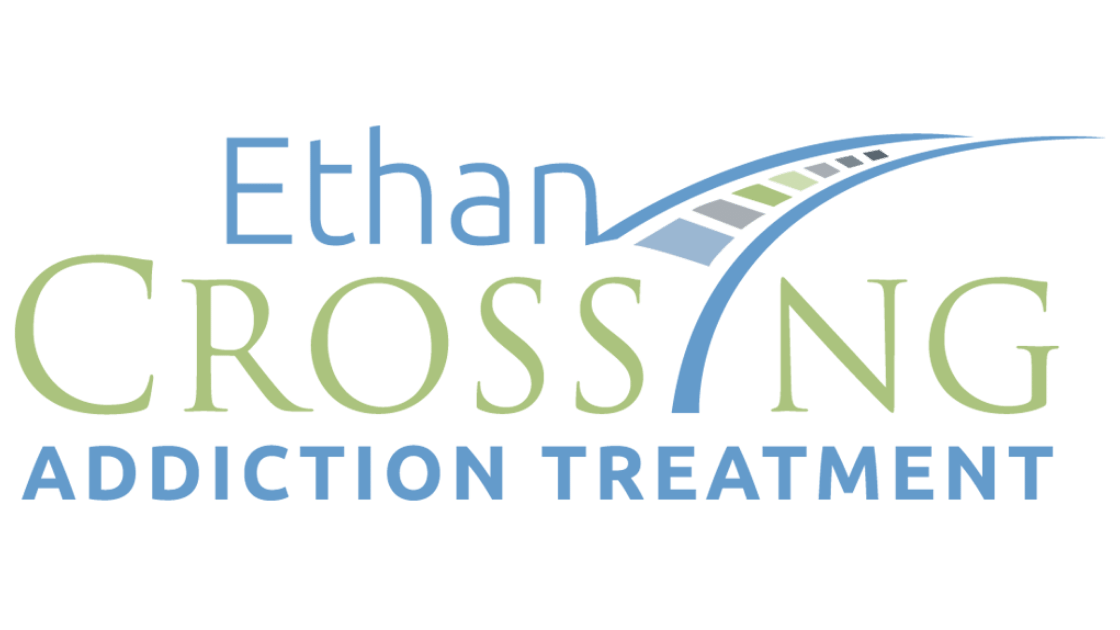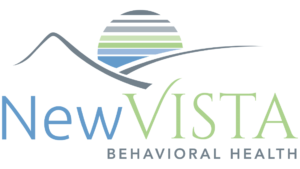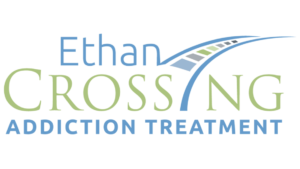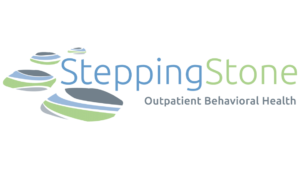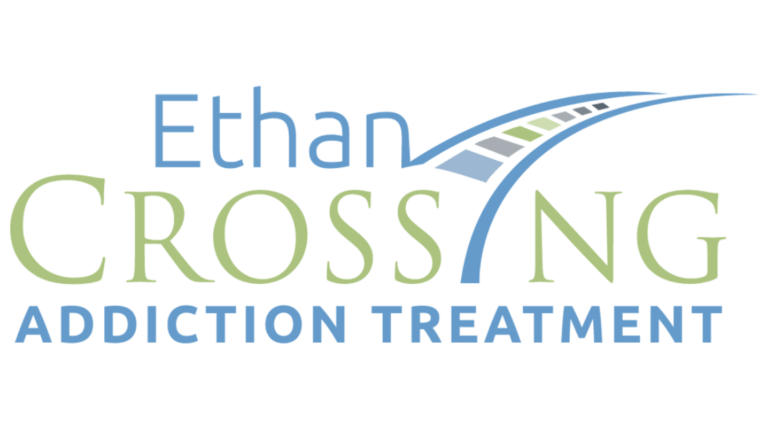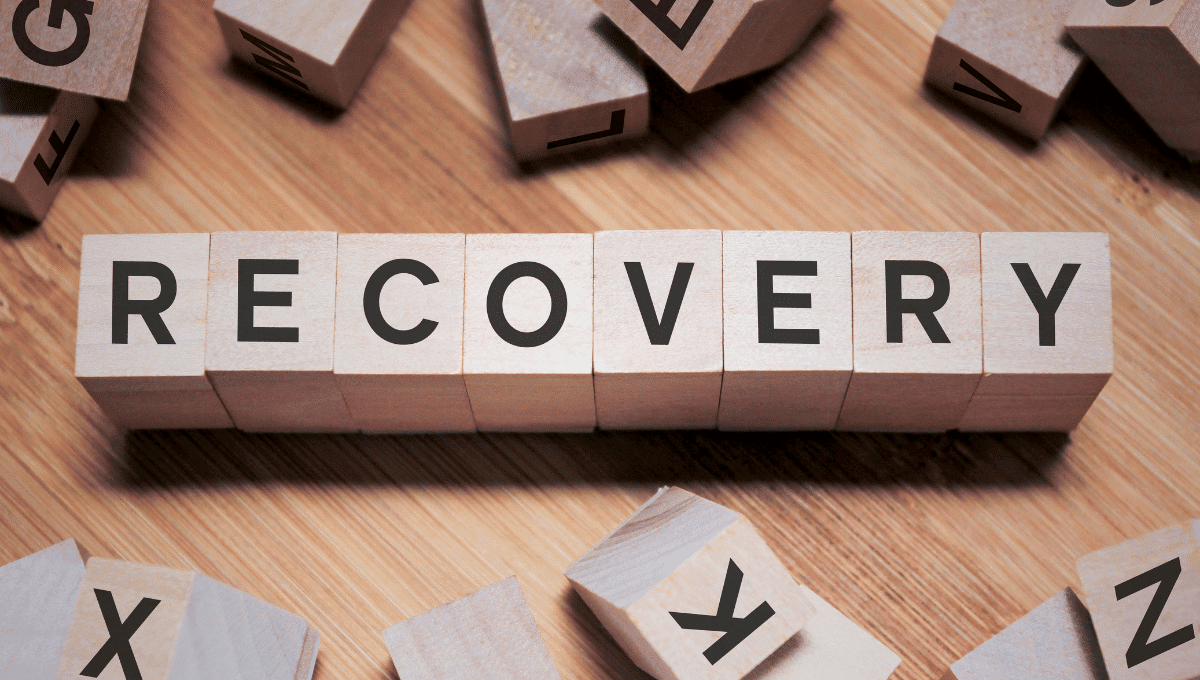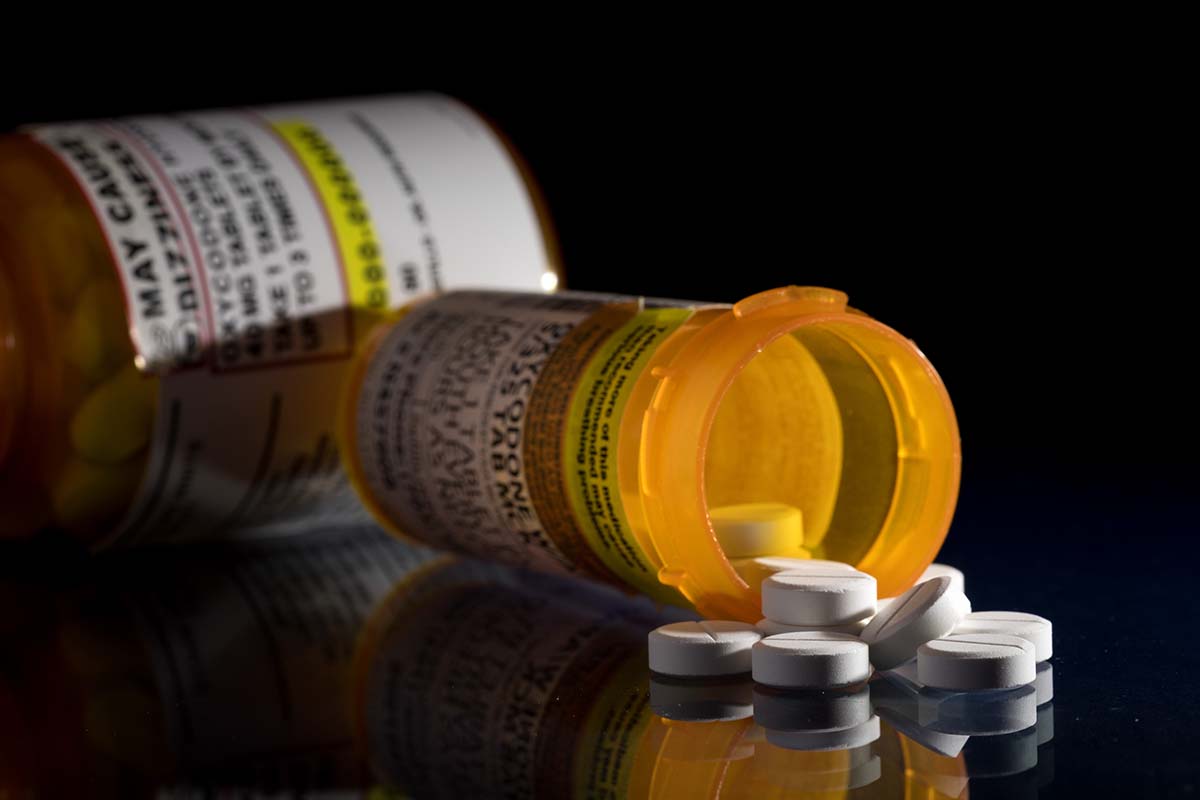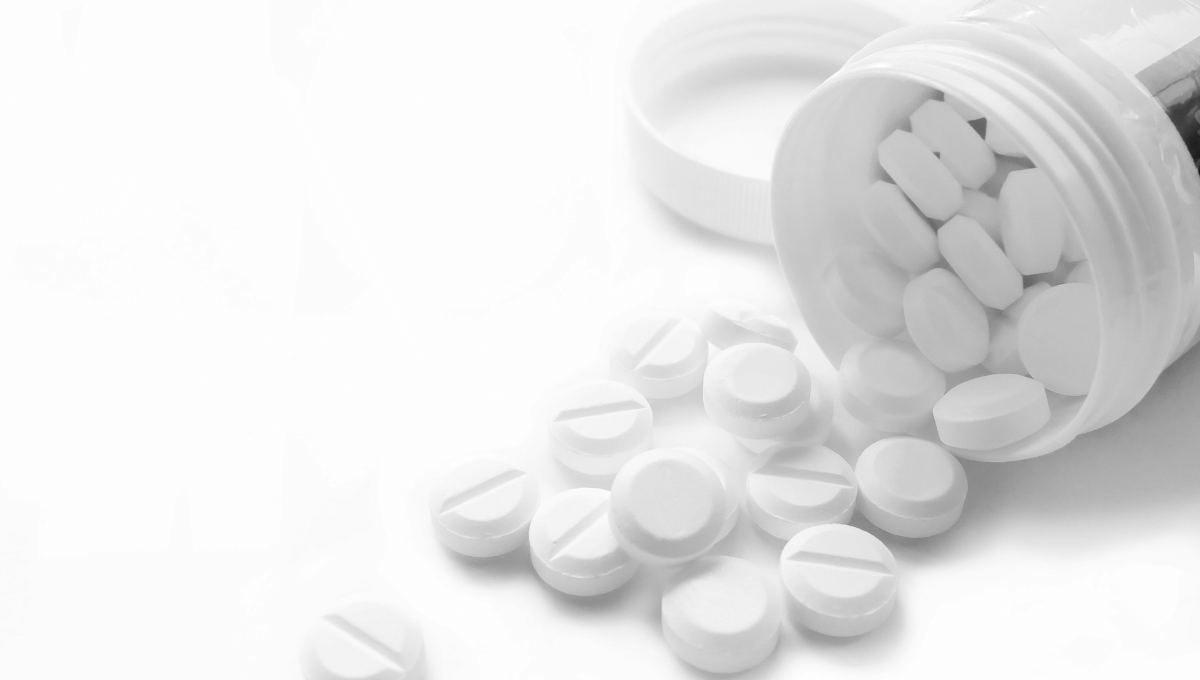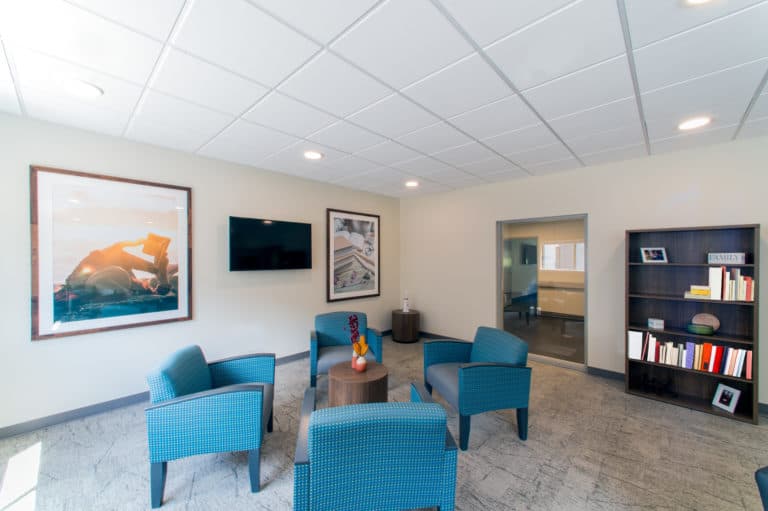Medication-Assisted Treatment (MAT) is the application of pharmaceuticals in conjunction with counseling and behavioral interventions to treat substance use disorders on a holistic basis. Throughout treatment, it’s also crucial to address underlying health issues.
The Food and Drug Administration (FDA) officially authorized the medications used in MAT, as such, MAT regimens are medically guided and adapted to each patient’s requirements.
When Is Medication-Assisted Treatment Appropriate?
MAT is primarily used to treat the opiate epidemic, such as heroin and opiates-containing prescription pain medications. The prescription works to restore brain chemistry, inhibit the euphoric aspects of alcohol and opiates, ease physiological urges, and regulate bodily processes while avoiding the negative and ecstatic effects of the substance.
According to research, a combination of medication and treatment can effectively treat these problems, and MAT can aid in the long-term rehabilitation of some persons battling addiction. MAT is also used to prevent or lessen the effects of an opioid overdose.
Is Medication-Assisted Treatment Effective?
Complete restoration, including the capacity to live a self-directed life, is the endmost goal of MAT. This method of treatment can be effective by:
- Improving patient survival
- Reducing illicit opiate usage and other criminal activities among people with substance use disorders by increasing treatment retention
- Ameliorating the capacity of patients to find and keep jobs
- Enhancing the birth outcomes of pregnant mothers with substance use problems
Studies show that these drugs and therapies can significantly minimize a person’s chance of developing HIV or hepatitis C by decreasing the risk of recurrence.
What Kind of Medication is Used During Medically Assisted Treatment?
The three common names of pharmaceuticals used during medically assisted addiction treatment are:
- Methadone
- Vivitrol
- Naltrexone
In the MAT Therapy process, all three of these medicines have a unique purpose and addiction to help overcome. They are FDA-approved and come in a variety of shapes and sizes to meet the demands of each individual. These are not the only medications utilized for medically assisted treatment. New studies are being conducted in order to find new treatments and therapeutics. MAT Therapy is one of the most progressive addiction treatment approaches available.
Medications for Alcohol Use Disorder
The most frequently used pharmaceuticals to treat alcohol use disorder are acamprosate, disulfiram, and naltrexone. They do not cure the illness, but they are most successful when used in conjunction with a MAT program.
- Acamprosate – works to keep individuals from consuming alcohol, but it doesn’t keep people from experiencing withdrawal symptoms when they do. It has not been observed to work in persons who continue to drink, use illegal substances, or misuse and abuse prescription drugs.
- Naltrexone – inhibits the pleasurable effects and sensations of intoxication, allowing persons with alcohol use disorders to cut back on alcohol consumption while staying motivated to take the drug, maintain treatment, and avert relapses.
- Disulfiram – is used to treat persistent alcoholism and is especially successful in those who have already completed detox or are in the early stages of sobriety.
Opioid Dependency Medications
Short-acting opioids like heroin, morphine, and codeine, as well as semi-synthetic opioids like oxycodone and hydrocodone, are utilized to treat opioid use disorders with buprenorphine, methadone, and naltrexone.
- Buprenorphine – inhibits and lessens opioid cravings.
- Methadone – lowers opioid cravings and withdrawal, as well as blunting or blocking opioid effects.
- Naltrexone – inhibits euphoria by blocking the exhilarating and sedative effects of opioids.
Opioid Overdose Prevention Medication
By reversing the harmful consequences of an overdose, naloxone saves lives. Naloxone is one of a variety of drugs deemed necessary to a working health care system by the World Health Organization (WHO).
Find Help Through Our Treatment Programs
Medically-assisted treatment raises awareness, which opens up new possibilities. We are experts in recovery and MAT. Contact us today to learn more about how we can help you and if MAT is an option.
